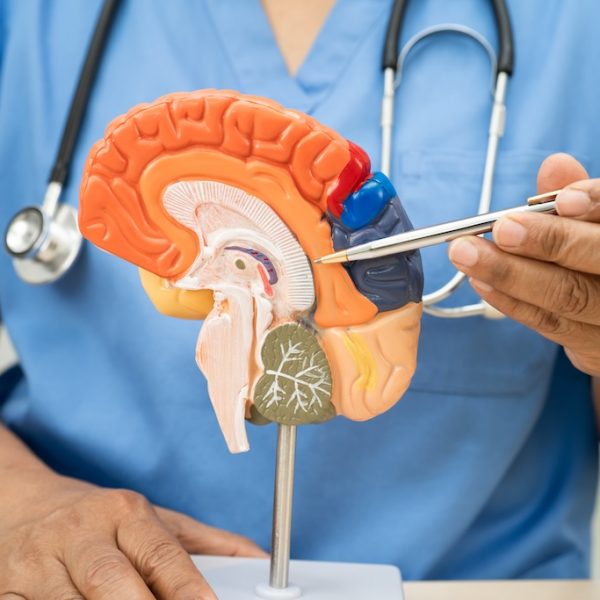I completed a neuropsychological assessment at KMN Psych and I’m so glad I finally did. The team makes sure you are comfortable and well taken care of, and the assessment is very thorough. I was easily able to spend 4-5 hours here in a quiet, peaceful environment that was not intimidating at all. I was worried that I was heavily masking whatever I was going through but they caught every little detail. This was a worthy investment of time and money that gave me the clarity I needed, and I highly recommend this place to anyone wishing to undergo assessment. Thank you Dr. Doshay, Dr. Perry, and Tara!




















